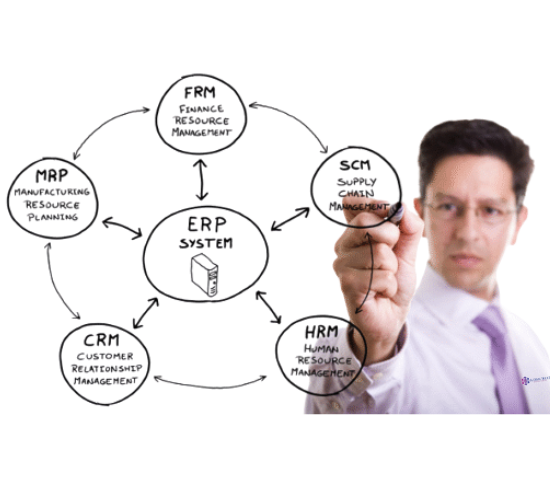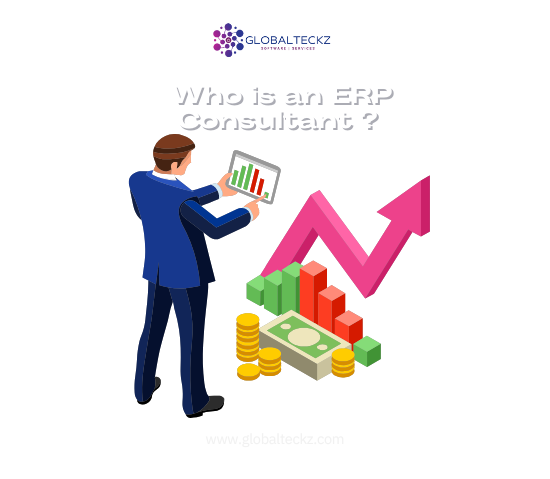Management
Manage the complete lifecycle of ERP implementation, from understanding business processes to designing project phases including customizations, integration, support, forms, fields, and workflows. Ensures vendor finalization and project management either full-time or part-time.










